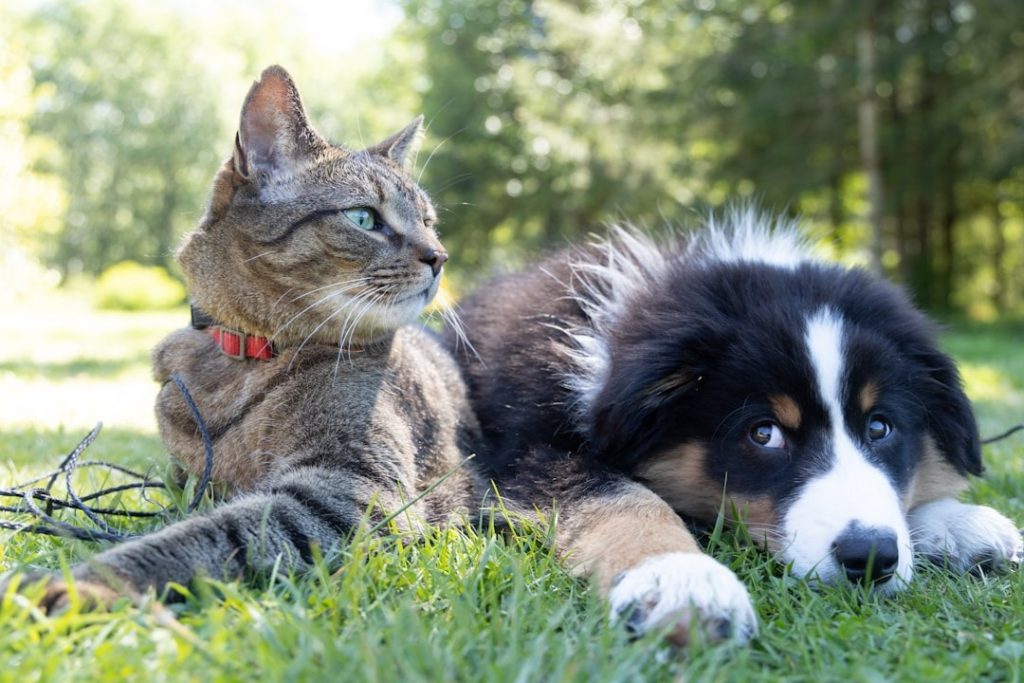Physical Address
304 North Cardinal St.
Dorchester Center, MA 02124
Physical Address
304 North Cardinal St.
Dorchester Center, MA 02124
Although dental care is sometimes ignored, it is among the most important elements of senior pet health. By the time they are older, many dogs have dental disease that can be unpleasant, tooth loss, and even internal organ damage. Senior pets that get dental care are protected from serious health problems that could otherwise result from poor dental condition in addition to helping to keep their teeth and gums healthy. damage their heart, liver, and kidneys.

As pets age, they are more prone to tartar buildup, gum disease, tooth decay, broken teeth, and oral infections.
Bad breath, drooling, pawing at the mouth, difficulty eating, bleeding gums, and loose teeth are all warning signs.
Older pets often have weakened immune systems, making them more vulnerable to infections. They also may tolerate less discomfort, meaning dental pain significantly impacts their quality of life.
Poor dental hygiene can lead to bacteria entering the bloodstream, causing damage to internal organs.
Studies show a strong link between periodontal disease and heart conditions in both dogs and cats.
Regular care reduces painful conditions like gingivitis and abscesses, allowing pets to eat and play comfortably.
Daily brushing with pet-safe toothpaste is the gold standard for preventing plaque and tartar buildup.
For pets resistant to brushing, dental wipes provide an easier alternative for cleaning teeth and gums.
Vet-approved chews reduce plaque naturally while also satisfying chewing instincts.
Antibacterial rinses support gum health and reduce oral bacteria.
Senior pets should have dental checks at least twice a year to detect problems early.
Veterinary cleanings remove tartar below the gum line—something at-home care cannot achieve.
Dental X-rays reveal root damage, fractures, and infections invisible to the naked eye.
Specially formulated dental foods scrape plaque and promote oral health.
Dry kibble may help reduce plaque, while wet food is easier for pets with missing teeth—finding balance is key.
Omega-3 fatty acids and probiotics can improve gum health and reduce inflammation.
Never use human toothpaste. Opt for vet-recommended enzymatic toothpaste for pets.
Soft-bristled or finger brushes are gentle on sensitive gums.
Choose chews with the Veterinary Oral Health Council (VOHC) seal for effectiveness.
Small breeds often suffer from overcrowded teeth, while larger breeds may experience fractured teeth.
Toy breeds like Chihuahuas and Yorkies are at higher risk for severe dental issues.
Introduce brushing gradually with flavored toothpaste and positive reinforcement.
Cats frequently develop resorptive lesions, where the tooth slowly erodes.
This painful condition causes gum inflammation and often requires veterinary management.
Start dental care early, use flavored toothpaste, and provide dental treats approved for cats.
Arthritis may make tooth brushing uncomfortable use finger brushes and gentle handling.
Keep dental care sessions short and positive, using rewards for cooperation.
Approach gently and keep a consistent routine to avoid startling them.
Check your pet’s mouth weekly for redness, swelling, or loose teeth.
Addressing dental issues quickly prevents infections from spreading.
Adding dental water additives or dental powders helps control bacteria.
Watch for changes in eating habits, pawing at the mouth, or avoiding toys.
Vets may prescribe antibiotics or pain relievers for severe cases.
Offer softened food, safe chews, and a stress-free environment.
Switch to wet food or softened kibble for pets with missing teeth.
Provide toys that massage gums without damaging sensitive teeth.
Encourage drinking with pet fountains to keep mouths moist and healthy.
Sometimes removing a damaged tooth is the best option for comfort.
Senior pets may safely undergo dental surgery with proper pre-anesthetic evaluations.
Modern anesthesia protocols are safe for older pets when monitored closely.
Why is dental care especially important for senior pets?
Because aging pets are more prone to gum disease, infections, and tooth loss, which can impact overall health.
How often should senior pets have dental checkups?
At least twice a year, or more if recommended by your vet.
Can senior pets still undergo dental cleanings under anesthesia?
Yes, with proper pre-anesthetic testing and monitoring, it is generally safe.
What’s the best way to brush my senior pet’s teeth?
Use a soft brush, pet-safe toothpaste, and short daily sessions.
Do dental chews really work for senior pets?
Yes, but they should complement—not replace—brushing and vet care.
What signs show my pet might have dental pain?
Difficulty eating, drooling, pawing at the mouth, or bad breath are strong indicators.
Golden years for your pet should be pleasant and pain-free; dental care for senior animals is therefore quite important. You may guarantee your furry buddy has a healthier mouth and a happier life by combining at-home care, expert cleanings, appropriate nutrition, and preventative measures.